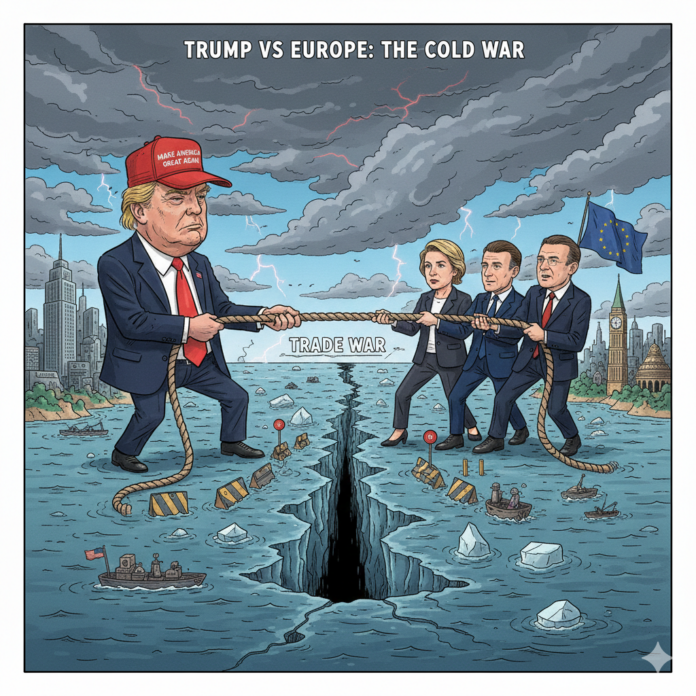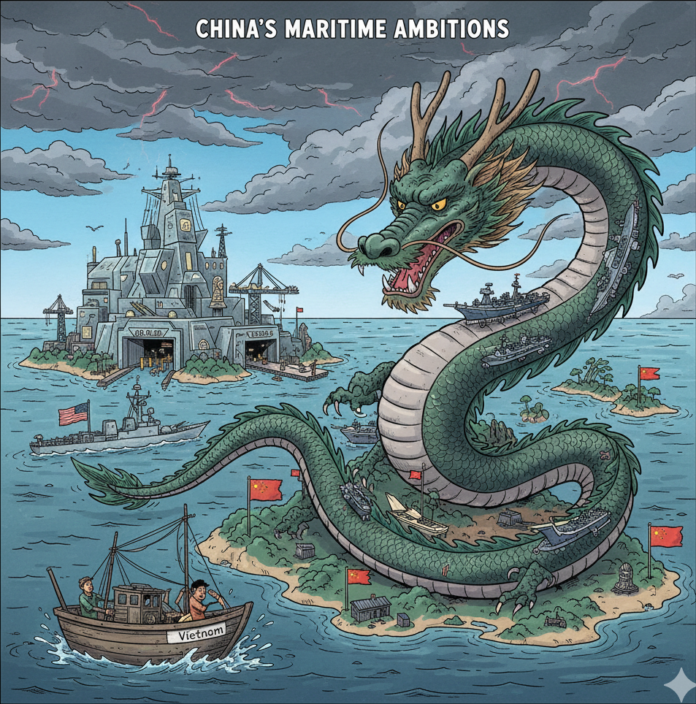China’s electronic warfare capabilities in Cuba have raised concerns about the potential threat they pose to the United States. The use of advanced technology by China in Cuba could potentially target missile strikes, attack US satellites, and disrupt US space launches. This has sparked speculation about China’s intentions and how these capabilities may impact the balance of power in the region.
China’s focus on the Western Hemisphere as a key front in conflicts involving Taiwan or the South China Sea has raised alarm bells in the US. By developing and deploying electronic warfare capabilities in Cuba, China is positioning itself to threaten the US homeland and its strategic interests in the region. This has led to increased scrutiny of China’s activities in Cuba and its broader ambitions in the Western Hemisphere.
The implications of China’s electronic warfare capabilities in Cuba are far-reaching. The ability to target missile strikes, attack satellites, and disrupt space launches could have serious consequences for US national security and defense capabilities. As China continues to expand its presence and influence in the region, the US must be prepared to counter these threats and protect its interests.
Armando Ibarra, a noted expert on international relations and security issues, has been closely monitoring China’s activities in Cuba. In a recent tweet, he highlighted the potential dangers posed by China’s electronic warfare capabilities in the region. His analysis underscores the need for vigilance and strategic planning to address the growing challenges posed by China’s expanding capabilities in the Western Hemisphere.
As tensions between China and the US continue to escalate, the role of electronic warfare capabilities in shaping the balance of power has become increasingly important. The development of advanced technology and the deployment of these capabilities in strategic locations like Cuba have the potential to reshape the dynamics of conflict in the region. It is essential for policymakers and defense experts to closely monitor and assess these developments to ensure the security and stability of the region.




